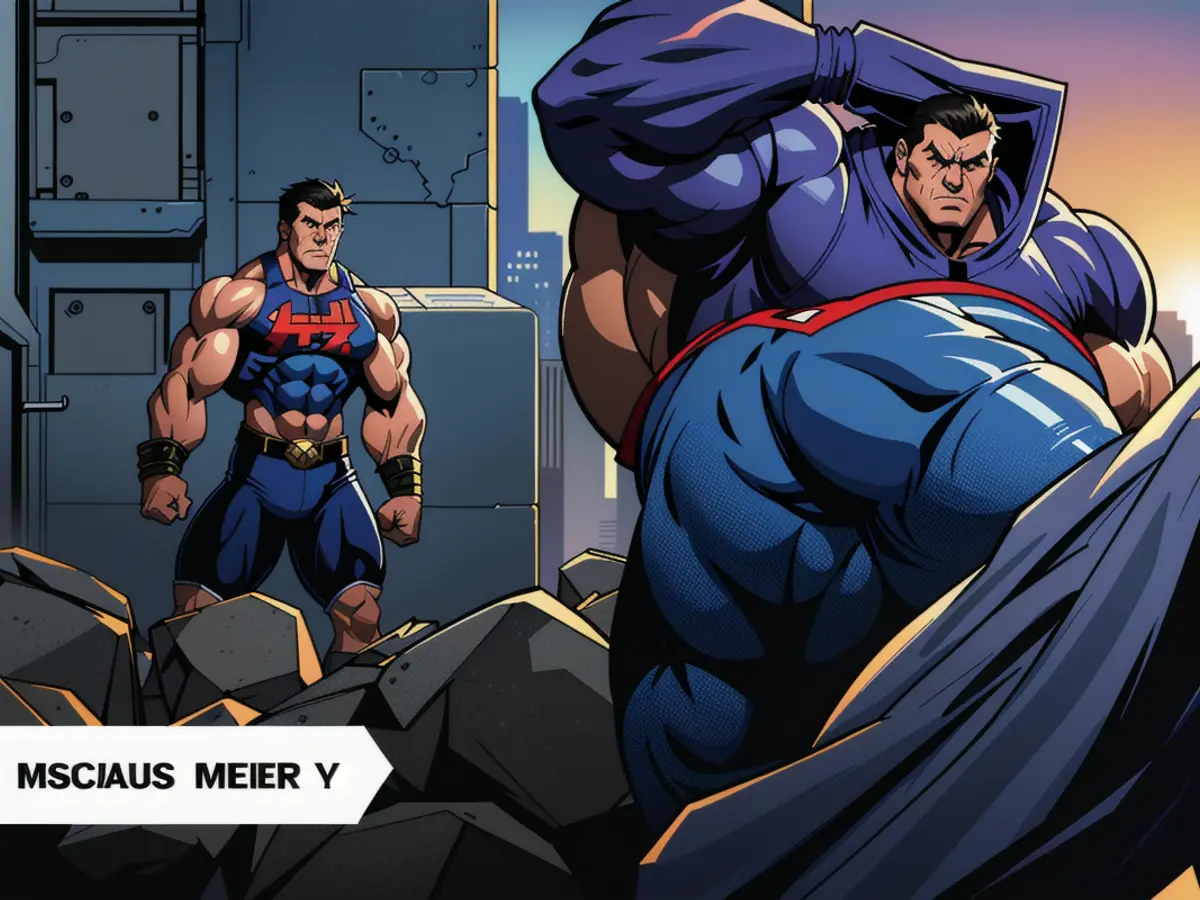Trump Issues Threat of Withdrawing Funding for NYC Subway System
In a bold and confrontational move that's got folks talking, conservative-minded Donald Trump's pick to run the Department of Transportation, Sean Duffy, is giving New York City officials an ultimatum: shape up the subway system or lose out on federal funds.
In a stern letter delivered to Janno Lieber, head of the New York Metropolitan Transportation Authority (MTA), Duffy demands a list of "actions and plans to reduce crime" on the city's subway system, including addressing assaults, fare evasions, and the daring act of "subway surfing" – riding outside a moving rail car. Lieber and the MTA have until March 31 to deliver Duffy's requested list, or they could face "enforcement actions up to and including redirecting or withholding funding." While Duffy didn't specify the extent of these potential funding cuts, it's safe to say that the news has sent echoes of worry throughout the city's public transportation network.
Over the past few years, New York City's subway has been the scene of some particularly gruesome crimes, including a woman getting set ablaze, a homeless man's brutal killing, and a series of incidents where people were pushed in front of trains. However, it's essential to acknowledge that overall crime on the subway has actually dropped by 5.4% year-over-year, according to NYPD statistics, and by an impressive 40% since pre-pandemic levels, as reported by MTA Chief of Policy and External Relations John McCarthy.
With over 1.2 billion rides on New York City's subways in 2024 and 2,211 crimes reported, the risk of experiencing assault or harassment is remarkably low – about 1 in every 740,000 rides and 1 in every 1 million, respectively, according to an analysis of transit data from 2023. To many, though, perception is reality, and persistent unease surrounding the state of the subway doesn't come solely from crime. Vital City, a journal focusing on New York City issues, notes that feelings of disquiet can also stem from the sight of rundown and neglected infrastructure, as well as an abundance of law enforcement that may signify danger rather than protection.
Notably, New York Governor Kathy Hochul dispatched an additional 1,000 members of the law enforcement to the subway last year as part of her safety-boosting five-step plan. But here's the kicker: slashing the subway's funding won't make it safer. According to The Gothamist, the MTA has around $14 billion in federal funds earmarked for the next five years, with much of it designated towards revitalizing crucial infrastructure, including systems nearing the end of their recommended operational lifespans.
The Trump administration is making it harder than it needs to be for the MTA to secure funding through legal battles over the city's congestion pricing program in Manhattan, which generated around $50 million in just its first month of operation and held the potential to unlock about $15 billion in funding for the city once fully implemented. Instead of welcoming this much-needed cash infusion, the policy is mired in legal limbo, and now the DoT is demanding more concessions from the city. It's beginning to look like they're more interested in scoring political points than actual improvements in safety.
- Sean Duffy, the nominee for the Department of Transportation under President Trump, has threatened to limit federal funds for New York City's subway system unless they improve safety measures and reduce crime.
- In a letter addressed to Janno Lieber, head of the New York Metropolitan Transportation Authority (MTA), Duffy requested a list of actions to combat crime, such as addressing assaults, fare evasions, and subway surfing.
- Although crime on the subway system has shown a year-over-year decrease of 5.4%, according to NYPD statistics, and a 40% drop since pre-pandemic levels as reported by MTA Chief of Policy and External Relations John McCarthy, concerns about crime persist due to the public's perception of the subway's safety.
- The Trump administration's legal challenges over New York City's congestion pricing program in Manhattan could potentially restrict funding for the city's subway system, despite the program generating $50 million in its first month and holding the potential to unlock about $15 billion in funding once fully implemented.







